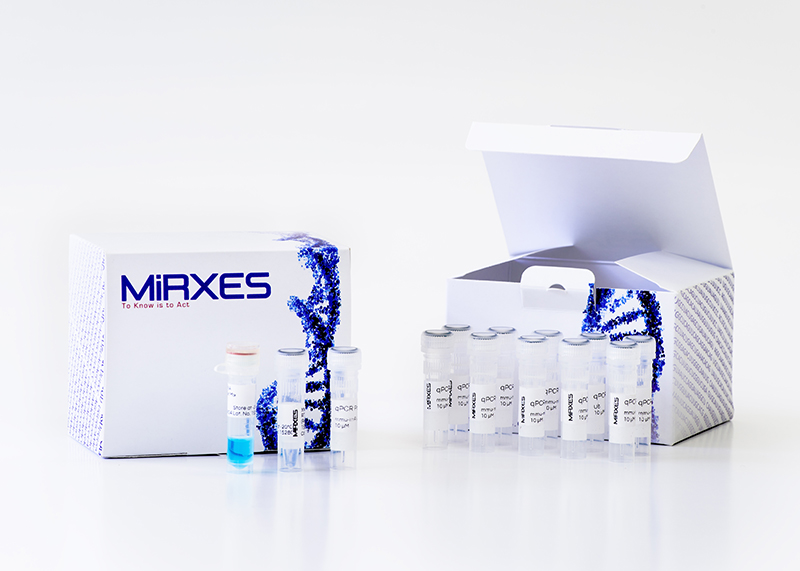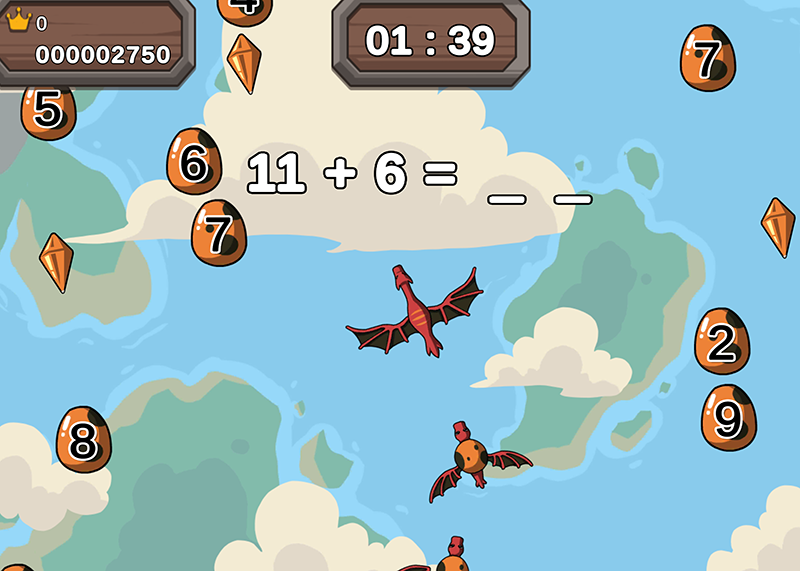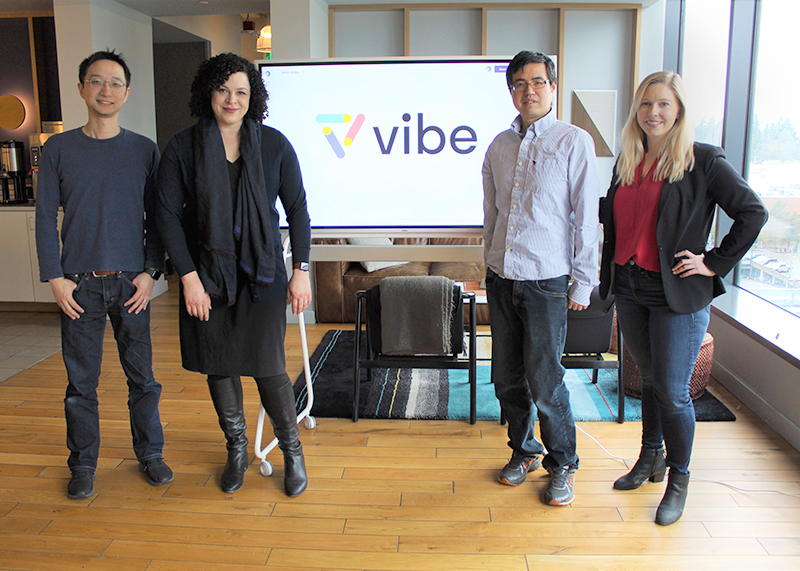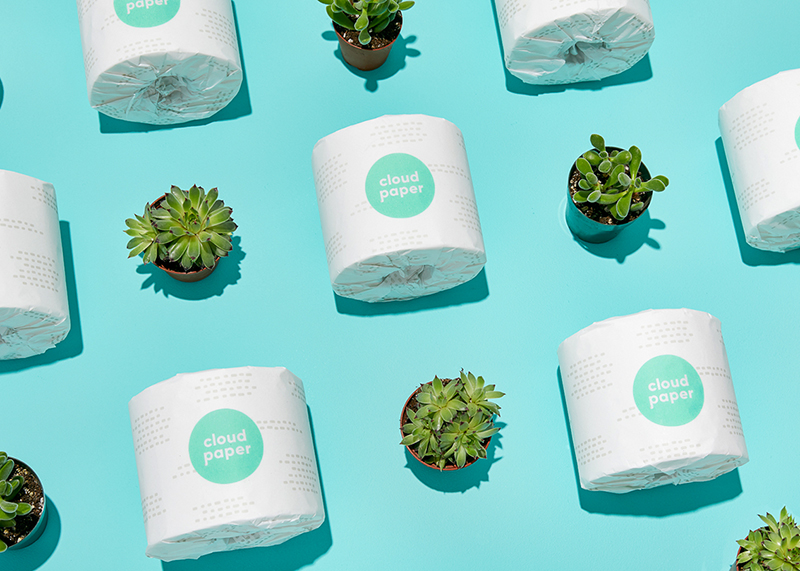The novel coronavirus (COVID-19) has taken 2020 by surprise and has changed the way organisations are thinking about the way we work. With the coronavirus spreading to more cities, global businesses are adapting to working from home and managing teams working across multiple locations.
While this has caused certain inconveniences, every set of constraints present opportunities. WeWork Labs, a global community of startups, is in a unique position at the forefront of innovation ( English ). Here are some of the amazing startups in our Labs network that are working on ideas to help tackle COVID-19 and make life easier for many around the world now working from home.
Diagnostic test kits

Singapore-based medical technology company and WeWork City House member Mirxes will take charge in mass-producing locally-developed diagnostic test kits for the novel coronavirus, as Singapore prepares to meet high levels of demand both locally and internationally for fast, accurate SARS-CoV-2 tests.
A privacy-first collaboration tool
Singapore City House member Beowulf’s Quickcom decentralised cloud network allows customers and teammates to call each other directly by scanning a QR code using the built-in camera on their smartphone. Such QR codes can replace the regular phone number for complete privacy control. As more teams begin working remotely ( English ), this tool allows them to join group meetings in a snap.
Air masks
The demand for surgical and N95 masks has surged. Some countries have even banned exports of masks to maintain local supplies. A WeWork Labs member in Portland, Oregon, Ao Air reinterpreted the air mask when it launched the Atmos concept to critical acclaim at this year’s CES, an annual conference showcasing new consumer technologies.
Ao Air claims that the Atmos comes with 50-times better protection than market-leading air-filtration masks. No wonder there’s a long waiting list for the product – plus, it’s space-age design aesthetic could fit in at both fashion shows ( English ) and Burning Man.
No Fields Found.A learning game
With schools shutting down around the globe, children are being kept at home during this health crisis. What better way to supplement their education than with a maths learning game?

Singapore City House member Dragon Whiz created a fun maths game for the whole family (for ages 6 years and above). Fly with Drake the Red Dragon and his friends, and scare your fear of maths away. Answer the questions by picking up the right eggs with your dragon. The game features three levels, including simple addition, subtraction, multiplication and division questions. It’s available for download in the Apple App Store and Google Play Store.
Interactive collaboration board

A WeWork Labs member in Seattle, Vibe creates a real-time interactive whiteboard that works smoothly with collaboration tools like Zoom and Slack ( English ). Perfect for meeting rooms that cater to teams in different locations, the user-friendly interface will increase the level of collaboration and productivity in meetings. See how it compares to the smartboard here.
Sustainable paper
Lastly, in addition to masks and hand sanitisers, another globally in-demand product has been toilet paper. From Hong Kong to Singapore to Melbourne, people have flocked to supermarkets to stock up.

A WeWork Labs member in Seattle, Cloud Paper produces 100 per cent tree-free three-ply ultra-soft toilet paper made out of bamboo. Bamboo is one of the fastest-growing plants in the world, growing up to 90 cm per day while absorbing massive amounts of carbon during its growth. Bamboo can be harvested for paper in as little as three years, compared to the more than 50 years it takes for most trees, making bamboo an ultra-sustainable alternative to tree-based paper.
Adrian Tan is head of WeWork Labs, Pacific, based in Singapore, helping startups expand in Southeast Asia, South Korea and Australia.




